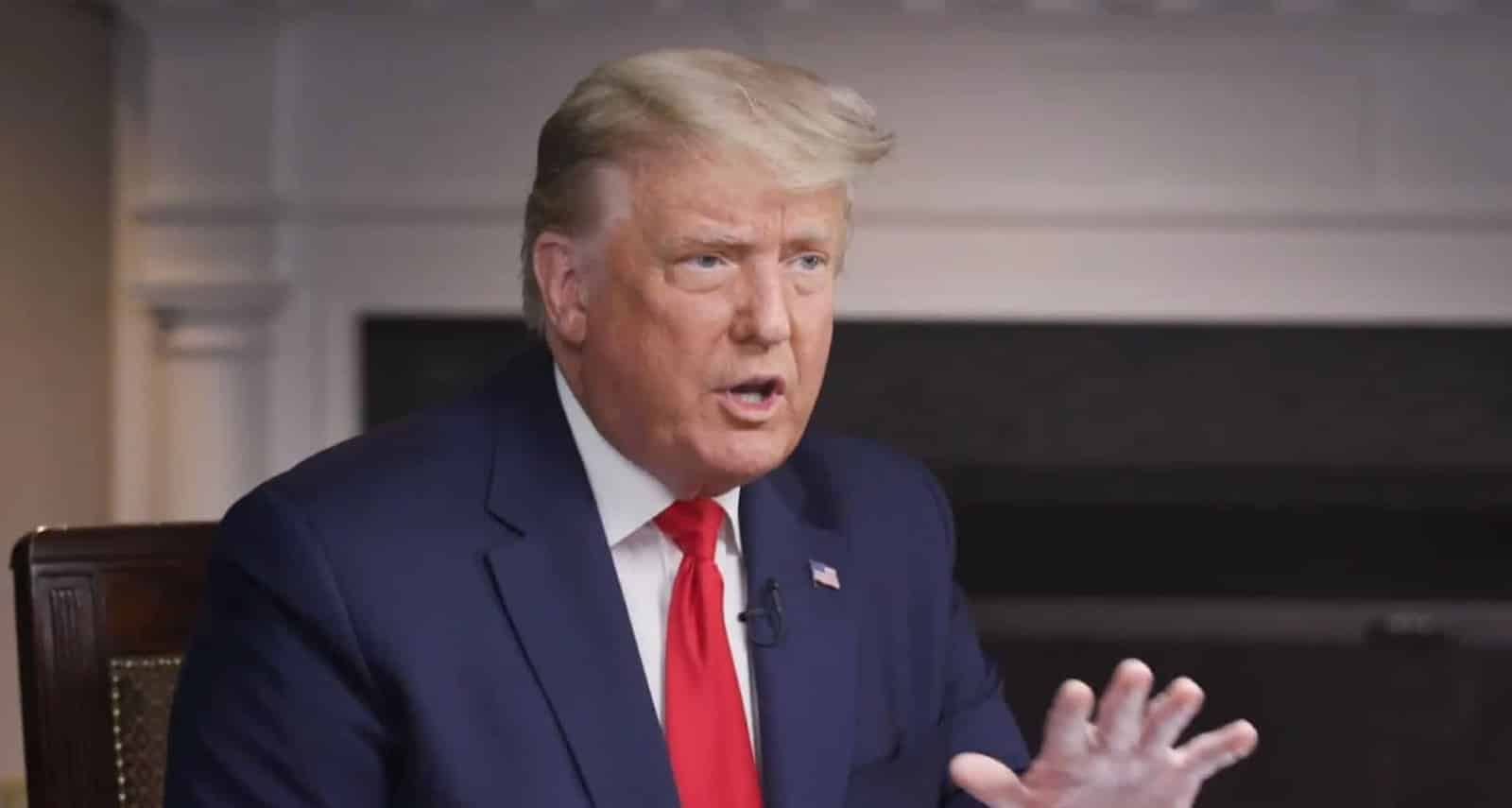OPINION: This article may contain commentary which reflects the author's opinion.
Peter Navarro received a four-month jail sentence on Thursday for contempt of Congress. This was due to his refusal to comply with a subpoena regarding the congressional inquiry into the US Capitol attack on January 6, 2021.
In September, the House Select Committee that was looking into the attack found Navarro guilty of two counts of contempt of Congress for disobeying a subpoena.
Each count entails a compulsory minimum incarceration period of one month; however, the prosecutors urged US District Judge Amit Mehta to impose a sentence of six months for each count, to be served concurrently, and to impose a fine of $200,000.
Last week, they informed the judge that a one-month sentence for each of the two charges “does not adequately address, penalize, and discourage the defendant’s criminal acts,” asserting that Navarro’s refusal to comply with the subpoenas was similar to the behavior of certain individuals involved in the riot.
“The defendant, like the rioters at the Capitol, put politics, not country, first and stonewalled Congress’s investigation,” prosecutors wrote. “The defendant chose allegiance to former President Donald Trump over the rule of law.”
Navarro’s conviction and sentence signify a significant triumph for the disbanded House January 6 committee, as it successfully compelled the Justice Department to criminally pursue individuals who declined to cooperate with its investigation.
In 2022, Steve Bannon, a former adviser to Trump, was found guilty of two counts of contempt and subsequently received a prison sentence of four months. The case involving Bannon is currently under appeal.
BREAKING: Peter Navarro has been sentenced to 4 months in prison for defying a subpoena from the sham J6 Committee. pic.twitter.com/PgeUjtGL0H
— Charlie Kirk (@charliekirk11) January 25, 2024
Navarro’s legal representatives are requesting a sentence of a maximum of six months of probation for each charge. They have also requested that Judge Mehta temporarily suspend the sentence while they appeal the conviction.
The trial of Navarro in September proceeded expeditiously, as the jury was able to review all the evidence in the case within a single day.
The prosecutors called only three witnesses to testify, all of whom were former staff members of the House January 6 committee. The Justice Department utilized its testimony to argue that the committee had valid grounds to issue a subpoena to Navarro and that he was consistently notified of its requests.
In her closing arguments, Prosecutor Elizabeth Aloi informed the jury that Navarro possessed awareness of a scheme to impede the proceedings of Congress on January 6th. She further asserted that Navarro willingly expressed this knowledge in public statements but refused to disclose it to the House committee.
Navarro’s legal representatives abstained from presenting any witnesses and instead concentrated on the aspect of the contempt accusation that necessitated demonstrating Navarro’s intentional and calculated refusal to comply with the subpoena. This implies that his failure to comply was not due to an unintentional error or mishap.
Navarro has asserted that he did not comply with the subpoena under Trump’s guidance, as he alleged that Trump invoked executive privilege regarding the issue. Before the trial, Mehta determined that Navarro had failed to provide sufficient evidence to prove that Trump had officially claimed a privilege or immunity that would have exempted his former aide from appearing and answering the committee’s questions.
The ex-assistant has expressed his intention to address that matter and other concerns during the appeal process.
“The appeal of this case will answer what is required of a former President to invoke executive privilege as to their senior advisors and no future advisor will be in the same position of not knowing that the President they served had not properly invoked the privilege,” his attorneys wrote in court papers.
The federal appeals court in DC is presently deliberating on Bannon’s attempt to reverse his conviction for contempt of Congress.
During oral arguments last year, certain members of a three-judge panel overseeing the appeal expressed doubt regarding the arguments put forth by Bannon’s attorney. The attorney claimed that the trial court judge, who presided over Bannon’s criminal case, made a mistake by not allowing him to assert executive privilege as a defense.
Additionally, the attorney argued that Bannon was merely following the advice of his former attorney when he chose not to comply with the subpoena.
